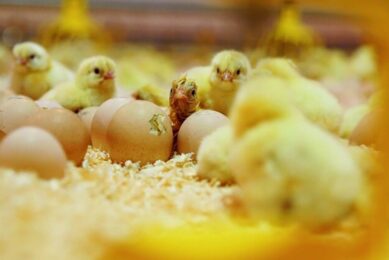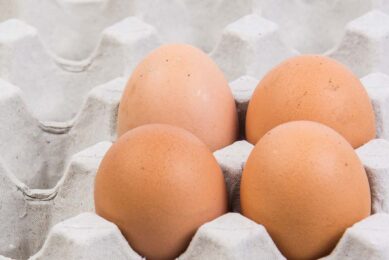WTO talks aiming for agricultural solutions
Representatives of 152 countries of the World Trade Organisation (WTO) have gathered in Geneva, Switzerland to reach an agreement for the so-called Doha-round.
The WTO, aiming to promote global trade through by closign new deals, hopes to resume talks that were started in Doha, Qatar, in 2001.
Agriculture is one of the two main issues obstructing the closing of a worldwide WTO deal. Some growing markets, e.g. Brazil and India, want the western powers like the EU and the US to stop using its agricultural tariffs and subsidies, allowing proper access to the European markets for all countries.
US proposal
Due to high feed costs, many prices for agricultural products are high anyway, hence agricultural subsidies are not really necessary nowadays. Yesterday, the US proposed to lower its maximum for subsidies from $48 bln to $15 bln – a decrease of 69%.
Critics replied that in reality, the American offer does not mean much, as the US government does not have to spend as much money due to high feed costs.
European Union
Earlier this week, the EU offered an 60% average farm tariff cut. Brazilian foreign minister Celso Amorim however was not impressed.
“Let’s see if that 60% comes with the products that are of interest to us, such as ethanol, sugar and beef,” he told the Associated Press. “If not, it’s not meaningful.”
Unfair
Internally, the French and the Irish do not agree with the 60% offer. The French farmers’ organisation FNSEA said that ‘a cynical and unfair agreement would not be a solution,’ fearing that EU farmers will be suffering from these agreements.
It is hoped, however, that all parties will reach an agreement before the end of this weekend.
Related website:
Join 31,000+ subscribers
Subscribe to our newsletter to stay updated about all the need-to-know content in the poultry sector, three times a week. Beheer
Beheer








 WP Admin
WP Admin  Bewerk bericht
Bewerk bericht